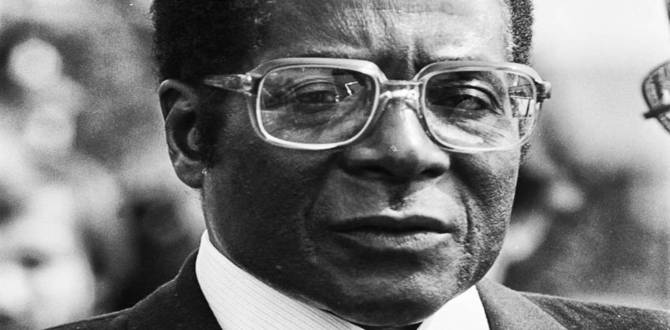LSE’s Nabila Ramdani celebrates the Algerian singer, Warda al Jazairia, who died in Cairo on 17 May and says that her pleas for freedom and democracy will live on across the Arab world. This post originally appeared in the Guardian.
Every revolution has its soundtrack, and right now it is the music of Warda al-Jazairia that is dominating the Arab world. The 72-year-old singer died on 17 May, following a career that not only encompassed popular music and film but was also deeply enmeshed in politics. Her pleas for freedom and democracy for the Arab people could be as melodic as the love songs that first propelled her to international fame. Little wonder, then, that classics like Listen to Me have been adopted and adapted by demonstrators from Damascus to Tunis as they try to make themselves heard.
There is a particular poignancy to the passing of Warda here in Egypt, her adopted country. She moved to Cairo in the 1970s, when the capital was the heart of the Arab world’s cultural scene, and it is now at the centre of its political aspirations. Hugely important presidential elections took place on 24 and 25 May, the first time that Egyptians could choose a leader. It is not only them but democrats the world over who want to see the hope and idealism of the Arab spring translated into representative government.
Last year Tahrir Square became the tangible symbol of such aspirations as hundreds of thousands packed into it to demand change. An 18-day revolt not only ended the dictatorship of Hosni Mubarak, but galvanised protesters throughout the Middle East and North Africa. Wandering around the busy traffic island translated as “Liberation Square” today, you do not get anything like the same feeling of history, but still the sound of Warda is everywhere. It belts out of cheap transistor radios in torn tents, just as it is played constantly over the sound systems of upmarket western hotels, restaurants and cafes. I even heard a national prayer being said for Warda at the Al Hussein Mosque as worshippers eulogised a woman they loved and respected.
Nobody is pretending that the elections are the solution to Egypt’s future. Secular voters fear that Mubarak’s autocracy will be replaced by an Islamic one. The military remains as powerful and sinister as ever, with humans rights groups accusing them of murder and torture. International monitors have arrived to oversee the poll, but they are already complaining of interference, and vote-rigging remains a major concern.
Warda was as aware as anyone of how democratic ideals could be as far away from reality as her poetic lyrics. She was the daughter of an Algerian father and a Lebanese mother, and as a child sang nationalist Algerian songs in her father’s Paris cafe. Collections were made to fund the FLN, Algeria’s National Liberation Front, which spearheaded the bloody colonial struggle against the French. Warda’s family were eventually deported for their links with terrorism (arms were found hidden alongside the coffee bags), and ended up in civil-war ravaged Beirut. There Warda’s anger about all forms of oppression was further stirred up by meetings with Palestinian refugees and militant political exiles from every corner of the Arab world.
Given such radical fervour, it is almost comical to consider that the relatively anodine My Times Are Sweeter With You was Warda’s first huge hit in Cairo. She recorded some 300 other songs, sold more than 100 million albums around the world, and took the lead role in five feature films, proving that brutal realpolitik need not be translated into abject cynicism. Her anthem We’re Still Standing was recorded to mark the 50th anniversary of Algerian Independence this year for good reasons beyond Warda’s banal nickname of “Algeria’s Rose”. It had been the same when President Nasser of Egypt involved her in his grand Pan-Arabism project, inviting her to sing in an indisputably idealistic (if schmaltzy to some) opera called My Greater Homeland.
Warda started her life singing on behalf of Algerian independence, and gradually built up her repertoire to encompass the Arab world. She, of all people, would have appreciated the high drama of exiting at the tail-end of the Arab spring. She got some things very wrong (there was a flirtation with the hair-brained nationalistic ideology of Muammar Gaddafi), but she knew that popular culture was crucial to popular political action. Her role was ultimately that of an artist using words and melody to instill hopes for a better future for all. Warda’s life work was never likely to change the world, but as long as Arabs call for real change, she will be singing alongside them for a long time to come.
Follow Nabila Ramdani on twitter @NabilaRamdani or visit her website http://www.nabilaramdani.com/.





